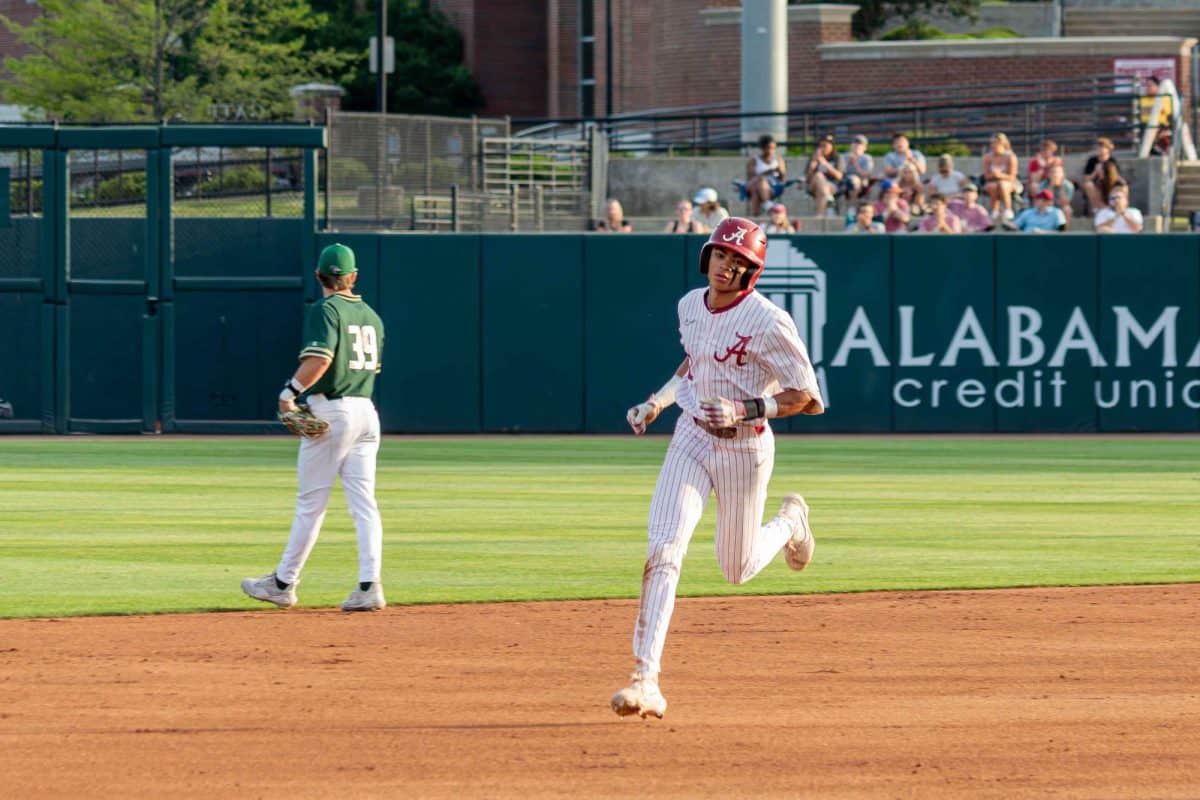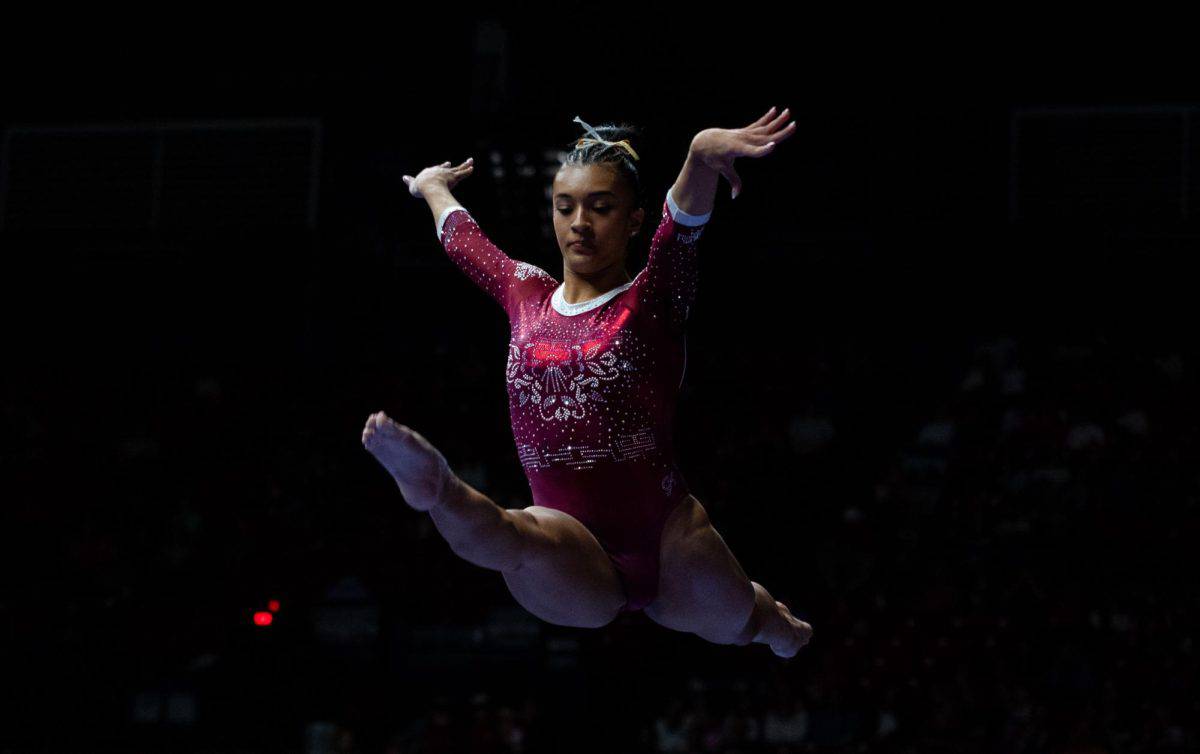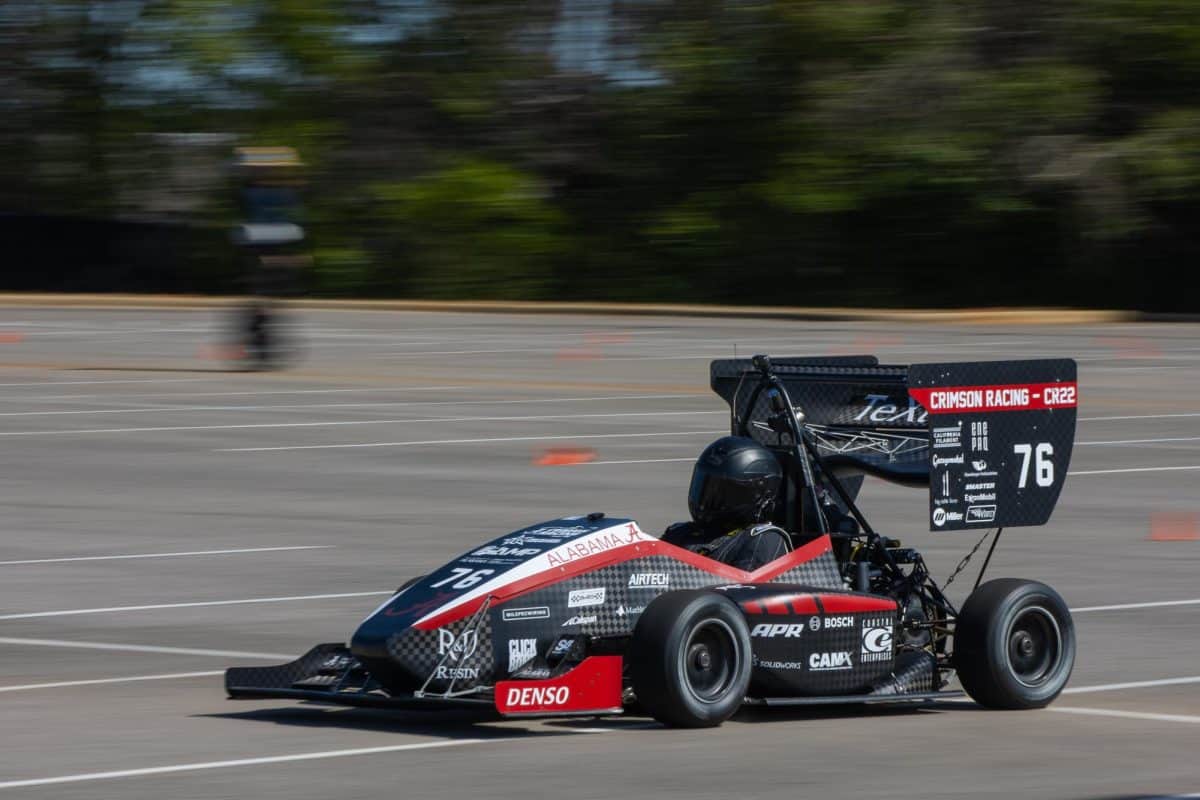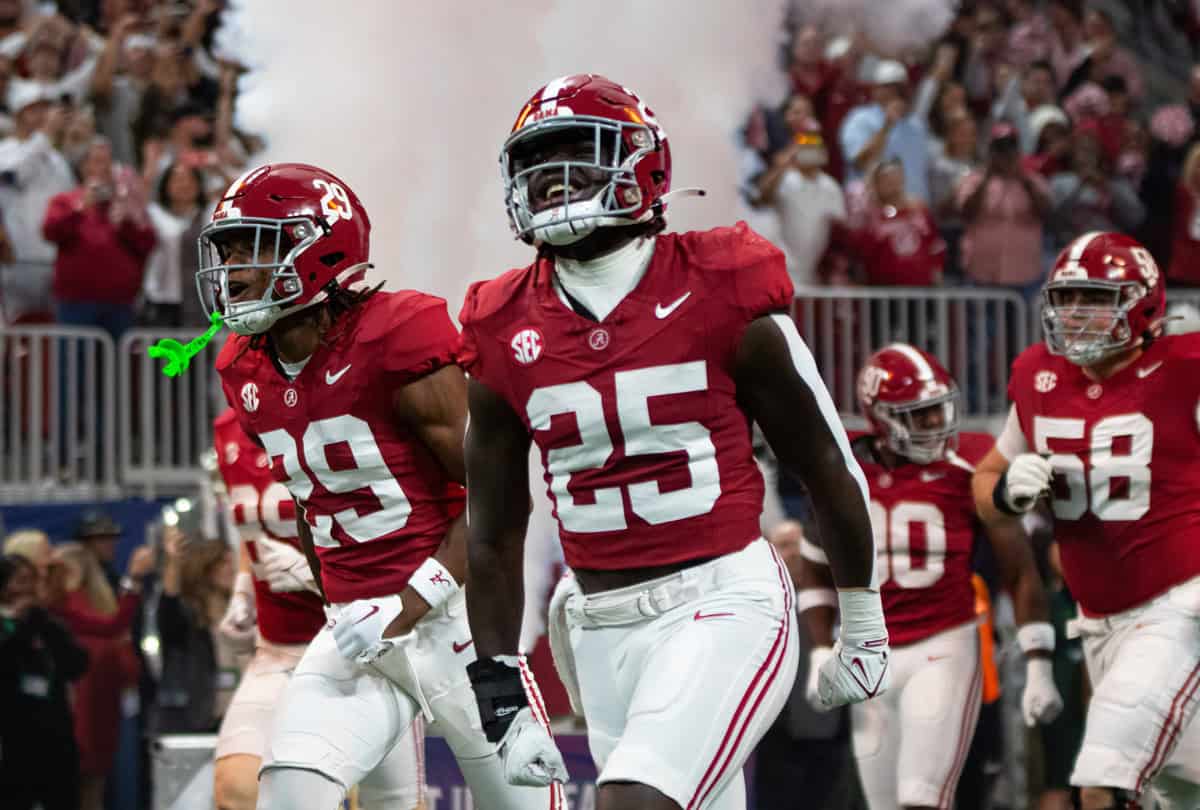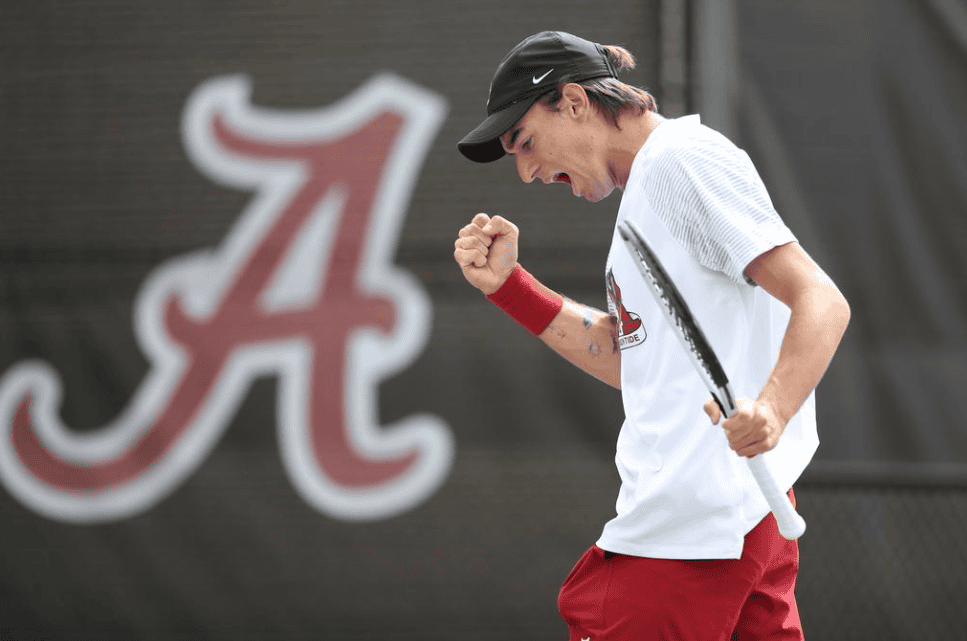Last month, talk of student athletes unionizing swept across the media. A National Labor Relations Board director ruled that college football players at Northwestern could form unions. If it stands, such a precedent could change the athletic departments of many universities and the business model for the NCAA.
There have been many debates on whether student athletes should be paid. People on both sides argue their positions while ignoring certain flaws of their own stance. The current system is by no means perfect, as athletes lack the right to control their likenesses, while the alternative would come with its own host of problems such as potential inequality among large and small universities.
Whatever stance people take on that issue will likely inform their view on the unionization of the NCAA. Some view it as the first steps in righting a flawed system, while others liken it to an apocalyptic doom that will change college sports as we know it. Both sides offer two extremes of the situation, and perhaps by taking a more neutral position, a solution can be found.
Student athletes want their voices heard. They want to be able to voice their opinions and have more liberties than under the current model of the NCAA. Their desire for change has led them to take a more extreme approach to the problem. With the possibility of a union sweeping across college sports, perhaps the NCAA will be more willing to make changes.
Would a union be bad for college sports? The answer to this question seems to be yes. The unionization of college athletes into “university employees” would raise more problems and concerns than it would settle. The difference between being a student and being an employee would blur, creating an awkward situation for all. If athletes went on strike, what would that mean for their college classes? What happens to scholarships if student athletes are on salary? Would they need scholarships? Could they be fired, and if so, what would that mean for their status on campus?
All these questions would create a bureaucratic nightmare. Fighting an extreme with an extreme would lead to more problems down the road. The best course of action is to follow up with the principles which this country was founded upon. Cooperation is the only way.
The NCAA and the student athletes must find some common ground. Neither side is completely right, so a compromise must be found. Perhaps the threat of unionization has finally made the NCAA see that some changes need to be made and a solution for both parties can be created.

